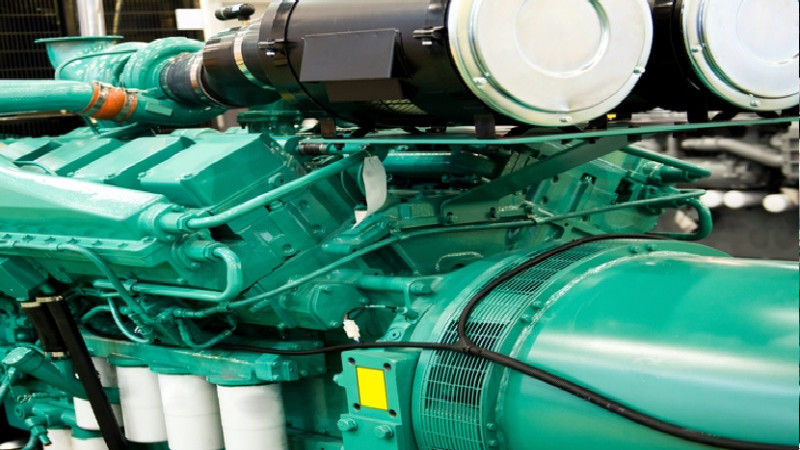The term machining is used as a general term for any type of shaping of a part or component that removes material from the workpiece to create the shape. The term turning refers specifically to removing material from the outside of a workpiece to create a specific shape.
In the past, turning was done on a manual type of equipment. In the past, turning or lathing was the primary option in any type of machining system, but today there are multiple options and variations. In addition to differentiating between the lathing and turning, the addition of CNC technology has added precision and efficiency to both operations.
The Basics of Turning
By design, CNC precision turning is used to create exterior shapes on cylindrical parts. The workpiece is rotated at a constant speed by the equipment, while at the same time a specialized cutting tool is moved by the computerized control in a linear fashion, creating a uniform, symmetrical shape for the exterior.
The specific control offered by CNC precision turning makes it a very important process in many industries. Parts for medical equipment, the energy sector and even for the aerospace industry can be produced from a range of different materials. While metal and alloys have always been the traditional material used in these industries, the new plastics and composite materials are now becoming increasingly popular, and they can also be shaped using CNC turning technology.
Fast Process
The precision shaping of the piece is just one of the advantages of CNC turning services. This is also a process that can be completed very quickly, even with complex exterior shapes.
Automated systems make CNC precision turning services even more efficient, allowing for high volume production in very short periods of time. This is ideal for OEMs with single large orders or high volume ongoing order requirements.

